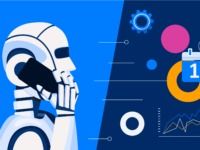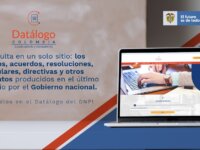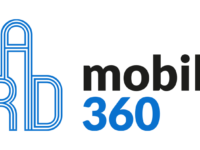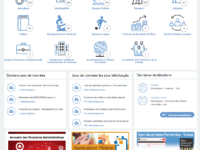CGR has a great amount of available data that need to be exploited to improve its work, while deepening the digital transformation of the State to improve its quality.
The aim is to enhance data analysis through the use of algorithms to anticipate risks in the fight against corruption, as well as to improve the channels for citizen complaints.
We apply the use of data and technologies in our daily work, thus impacting the State.
Innovation Tag Opengov: digital government
The initiative was developed in response to the dispersion of sources for consulting information on the documents produced by the national government. The solution, a data catalog (datalog), generates an institutional memory of open consultation on different aspects that the outgoing government delivers to the incoming one. The tool is innovative in applying machine learning technologies to process, organize and present a large volume of documentary information in an agile and simple way.
Digitalization is key to the present and future of local commerce in any city. For digitalization to be effective, it must be personalized, thinking about the uniqueness of commerce, connected with the local and with the world to achieve greater competitiveness. Like the "Sherpas" in the mountains, the "Digital Sherpas" in Las Rozas guide businesses in digitalization and the multichannel and gamified platform "Las Rozas Fans" helps them connect to the world in an attractive and easy way for…
Madrid Mobility 360' is a mobile application that allows citizens moving around the city and calculates the most efficient route between all modes of transport in the capital, both public and carsharing or bicycles. It includes a powerful route planner, which allows estimating current and future journey times, and provides the capacity on a specific bus. The app allows payment for various methods of transport and reports the CO2 emissions generated.
Case Study
Artificial Intelligence (AI) for Classification of Requests at the Citizen Services Desk.

The initiative is about the automation in the classification of service desk requests using AI techniques such as Natural Language Processing and open source tools to reduce the costs, optimize resources and improve response times in benefit of the citizens and the public institutions as service providers. The solution is developed by AGESIC (E-Government and Information and Knowledge Society Agency); this is an algorithm based solution in charge of classifying topics on different categories of…
The Anti-Corruption Digital Marketplace (MDA) is the first space developed by a public institution in the history of Mexico, in which public institutions can share free and ready-to-use digital tools, in order to streamline and promote innovation and cooperation among those that need either software, or other digital resources to achieve common goals in addressing corruption. The MDA contains more than 22 tools, some of them have been developed by other national or local level public…
There are plenty of innovative initiatives that never manage to reach the public sector, generating inequalities in access and quality in the provision of solutions. GovtechLab Madrid is the first open innovation Lab located inside of the Community of Madrid. The focus of the Lab is on reducing the barriers and accompanying both the supply and demand sides in finding solutions and opportunities to implement them.
The Reducing Friction in Trade (RFIT) project was initiated in March 2019 as a proof of concept to establish how blockchain distributed ledger technology and associated technologies can be used to seamlessly integrate supply chain data with HM Revenue & Customs and the Food Standards Agency’s systems. The project intends to do so by guaranteeing the timeliness and provenance of critical data and avoiding the need for discrete declarations.
The National Open Data Portal is a single access point for all data produced by public institutions for the purpose of :
- Complying with the provisions of the organic Law on access to information in its section on the proactive publication of public data in open format;
- Promoting the reuse of public data to stimulate innovation and the creation of new value-added services aiming to enhance the economic growth; and
- Strengthening the transparency and integrity of governmental activities.
GovTech Poland has developed world's first challenge based procurement model where the authors of the best idea receive a full implementation contract without the need for an additional cumbersome tender. With the goal of opening procurement to all creative individuals, the model covers the process from identification to implementation. A pilot run, tested in both central and local institutions has increased SME participation in procurement processes by an average of 1600% (in a sample of 250)…






